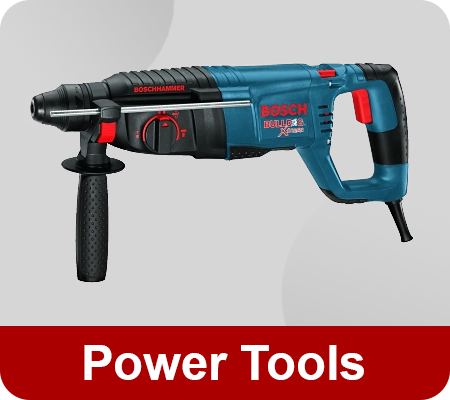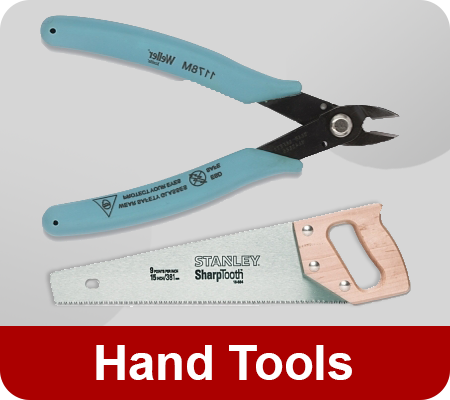-
All Catagories
- Abrasives
- Bonded Abrasives
- Coated Abrasives
- Non Woven Abrasives
- Wire Brush Abrasives
- Chemicals Lubricants & Paints
- Car Waxes Polishes & Protectants
- Cleaning Products
- Insect & Weed Controlling Products
- Leak Detectors & Penetrants
- Lubricants & Penetrants
- Anti Seize Compounds
- Belt Dressings
- Chain & Cable Lubricants
- Corrosion Inhibitors
- Drill Collar & Tool Joint Compounds
- Dry Lubes
- Fluids
- Fluids
- Grease
- Grease Fittings
- Grease Gun Accessories
- Grease Gun Hoses Extensions & Adapters
- Grease Guns
- Lubricating Product Accessories
- Multi Purpose Lubricants
- Oilers & Sprayers
- Oils
- Silicone Lubricants
- Specialty Lubricants
- Paint & Paint Supplies
- Specialty Products
- Electrical & Lighting
- Electrical Tools
- Fasteners Clamps & Straps
- Foodservice Supplies
- Furniture & Interiors
- Carts & Trucks
- Chain Cable Rope & Accessories
- Hoists & Winches
- Jacks Lifts & Hydraulics
- Ladders Platforms & Scaffolding
- Rollers
- Stands & Ramps
- Storage
- Stretch Wraps
- Wheels & Casters
- Hand Tools
- Bending & Flaring Tools
- Chisels Punches & Pins
- Extractors & Sets
- Files
- Handsaws & Sets
- Hex Torx & Spline Keys
- Multi Purpose Hand Tool Sets
- Pliers & Cutters
- Bolt & Chain Cutter Parts & Accessories
- Bolt & Chain Cutters
- Cable & Wire Rope Cutter Parts & Accessories
- Cable & Wire Rope Cutters
- Diagonal Pliers
- Fencing Pliers
- Linemans Pliers
- Locking Plier Parts & Accessories
- Locking Plier Sets
- Locking Pliers
- Needle Nose Pliers
- Nippers
- Pipe Cutter Parts & Accessories
- Pipe Cutters
- Retaining Ring Plier Sets
- Retaining Ring Pliers
- Slip Joint Pliers
- Specialty Cutters
- Specialty Pliers
- Strap Cutters
- Tongue & Groove Plier Sets
- Tongue & Groove Pliers
- Tubing Cutter Parts & Accessories
- Tubing Cutters
- Prying Tools
- Pullers & Sets
- Retrieving Tools
- Screwdrivers & Nutdrivers
- Scribers Pin Vises & Pick Sets
- Shears Scissors & Snips
- Staplers & Riveters
- Tool Storage
- Wedges
- Wrenches
- Adjustable Wrench Sets
- Adjustable Wrenches
- Basin Wrenches
- Chain Tong & Strap Wrench Parts & Accessories
- Chain Tong & Strap Wrenches
- Combination Wrench Parts & Accessories
- Combination Wrench Sets
- Combination Wrenches
- Pipe Wrench Parts & Accessories
- Pipe Wrenches
- Ratcheting Wrench Sets
- Ratcheting Wrenches
- Specialty Wrenches
- Striking Wrenches
- Structural Wrenches
- Torque Wrenches
- Valve Wrenches
- HVAC
- Janitorial & Facility Supplies
- Marking Tools
- Measuring & Leveling Tools
- Calipers & Dividers
- Contour Markers
- Derrick Tape Refills
- Derrick Tapes
- Finders & Scanners
- Gauges/Gages
- Gauging Tape Refills & Parts
- Gauging Tape Wipers
- Gauging Tapes
- Inspection Mirror Refills
- Inspection Mirrors & Magnifiers
- Levels
- Measuring Wheels
- Micrometers
- Plumb Bobs
- Radius Markers
- Rulers
- Squares
- Tape Measures
- Thermometers
- MRO Supplies
- Office Supplies
- Oilfield
- Pneumatics
- Power Tools
- Pumps
- Safety & PPE
- Clothing Protection
- Ear Protection
- Ergonomic Protection
- Eye Protection
- Fall Protection
- Fire Gas & Water Protection
- First Aid Safety
- Foot Protection
- Hand Protection
- Head/Face Protection
- Heat Stress Protection
- Locking Devices
- Respiratory Protection
- Safety Storage
- Spill Control Safety
- Traffic Safety
- Welding Supplies
- Arc Gouging
- Exothermic Cutting
- Filler Metals
- Gas Cutting & Welding
- Manual Welding
- Mig Welding
- Plasma Cutting
- Tig Welding
- Torch & Weed Burners
- Welding & Cutting Accessories
- Anti Spatter & Chemicals
- Cable Connectors & Lugs
- Cable Covers
- Centering Heads
- Cutting & Burning Guides
- Cylinder & Caps
- Cylinder Pliers & Wrenches
- Dry Rod Oven Parts
- Dry Rod Ovens
- Furnaces
- Ground Clamps
- Heat Barriers
- Plasma Cutter Parts
- Plasma Cutters
- Rod Holders
- Spark Lighter & Flints
- Tip Cleaners
- Water Circulators & Coolants
- Welding Blankets Curtains & Rolls
- Welding Cable & Hose Reels
- Welding Cables & Power Cables
- Welding Clamps Spreaders & Holders
- Welding Hose & Compressed Gas Fittings
- Welding Hoses
- Welding Umbrellas
- Abrasives





